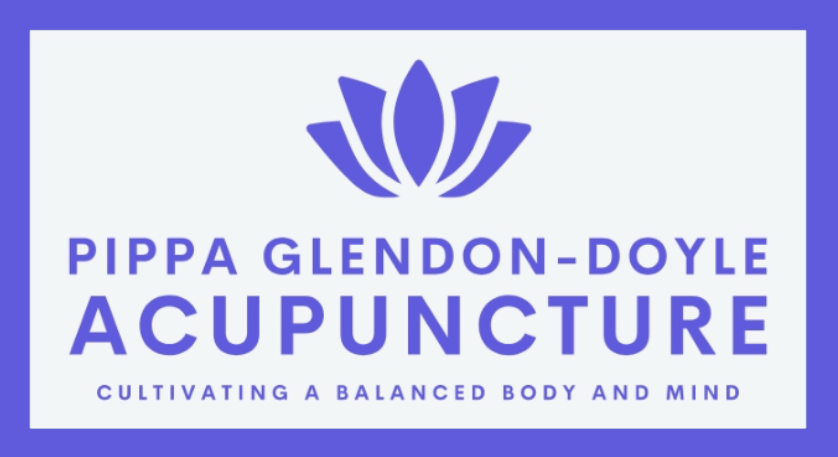How does acupuncture work?
This is such a common question in the clinic! It can be answered both from Chinese Medicine and Western Medicine perspectives. Before I get to these perspectives, I'd like to offer my own personal opinion, based on my own experiences and those of my colleagues.
Switch on the Nervous System
Overall, I believe that acupuncture acts as a switch on the nervous system. It helps move a person out of a sympathetic nervous system state (fight or flight) to a parasympathetic nervous system state (rest and digest) when it is appropriate. Due to the stresses of modern life and our busy schedules, I think that the vast majority of people spend too long in the sympathetic state and find it hard to shift into a parasympathetic state (where healing takes place).
Chinese Medicine
Acupuncture comes from the tradition of Chinese medicine, when we go to university or college, we learn Chinese Medicine theory first. Once we understand the theory, we then learn acupuncture itself. So from a Chinese Medicine perspective, acupuncture works in a wide variety of ways. However to keep it simple, overall we use acupuncture principally to:
1) to move Qi (energy) when it is stuck
2) tonify (increase) Qi when there is not enough
3) or clear excess, such as heat or damp
We approach a patient with the intent of understanding where qi isn't flowing (often where there is pain) and why it isn't flowing. We then use needles to fine tune organs and meridians in the body to encourage the proper flow of energy (which we call Qi).
We use the feel of the pulse and look at the appearance of the tongue along with symptoms to understand where there is an imbalance in the body, and which organ and organ pathway (meridian) this relates to. Alongside acupuncture, we might use moxa, cupping or gua sha and we often give dietary and lifestyle advice to address the imbalance.
Western/Orthodox Medicine
Throughout my interactions with GPs, consultants and physiotherapists, it is generally accepted that acupuncture improves blood flow. By improving blood flow to areas where blood isn't flowing properly (scar tissue or injury), we improve pain and help facilitate the removal of cellular waste which improves healing.
It's also generally agreed that acupuncture causes the body to produce endorphins, which reduce pain.
Beyond this, from a scientific perspective, many theories have been put forward to try and explain the mechanism of action, however, there is not a clear consensus. One early idea is Gate Theory (1) which argues that acupuncture works on the nervous system to block pain signals and thus explains its potential ability to mediate pain.
There is a slow consensus forming about the more recent theory of Purinergic Signalling (2). In layman's terms, the purinergic signalling system is an aspect of the nervous system that is often overlooked. Acupuncture points frequently occur in parts of the body where there are large amounts of purinergic mast cells located. When acupuncture needles are inserted into these locations, the needles activate the purinergic signalling pathways to communicate and produce positive consequences such as pain relief by triggering mechanisms of action within the nervous and immune system.
Clinical Observations
In my own clinical experience, assuming there are no contraindications, I will often needle an area of pain as well as needling above and below it. The difference that the needling makes appears almost instantaneously. I have a patient with carpal tunnel syndrome and her hands often appear swollen. Within seconds of needles going in, she points out that her hands appear less swollen and that the colour improves, needless to say, the pain greatly improves too.
Many unusual things happen in the clinic. I might be working on a patient with Chronic Fatigue and looking to improve energy. but when I needle a point on the leg and moxa it, the patient remarks that they feel like a great weight has been lifted from their chest, not something that I was working on, but nevertheless, an outcome of great value for the patient. There is a beauty and a mystery to Chinese Medicine and acupuncture that is hard to quantify. This mystery doesn't bother me however, because my patients feel better. From a clinical perspective, the patient's outcome is my primary focus, and while I would like to understand the mechanism of action better, I accept that I don't know everything and that that is ok!
For acupuncture in Wandsworth, London, book here: www.pippagdacupuncture.co.uk
References:(1) https://www.ncbi.nlm.nih.gov/pmc/articles/PMC6978887/#:~:text=An%20early%20popular%20theory%20to,Melzack%20and%20Wall%2C%201965).

